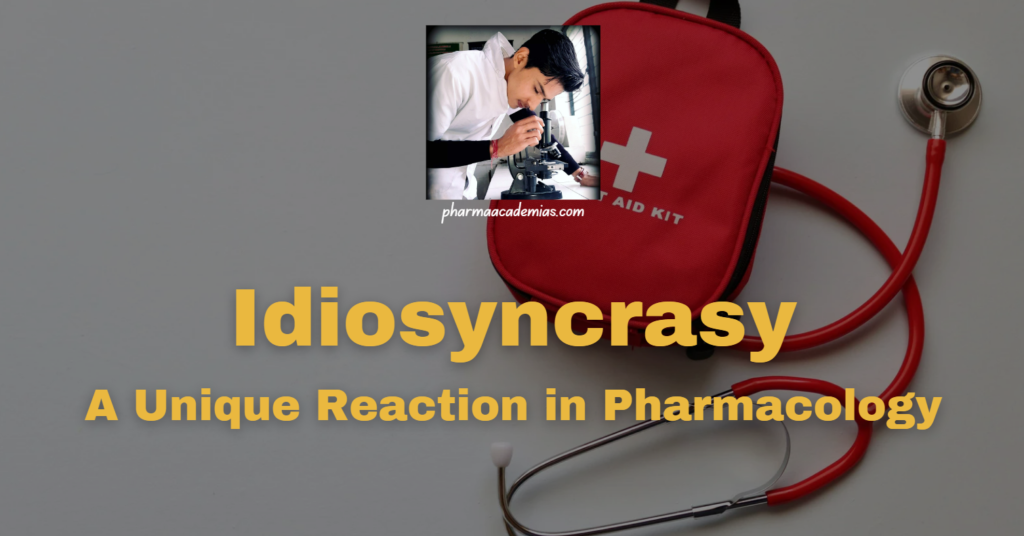The kinetics of elimination refers to how drugs are removed from the body following administration. Understanding the kinetics of elimination is crucial for determining drug dosing regimens, predicting drug concentrations over time, and optimizing therapeutic outcomes. This detailed note will explore the various aspects of elimination kinetics, including clearance, half-life, and factors influencing drug elimination. […]
Day: March 14, 2024
Enzyme induction and inhibition are two crucial pharmacological phenomena that play significant roles in drug metabolism, drug-drug interactions, and the therapeutic efficacy of medications. Understanding these processes is essential for predicting and managing the effects of drugs within the body. 1. Enzyme Induction Enzyme induction refers to the process by which the expression or activity […]
Pharmacokinetics: Membrane Transport, Absorption, Distribution, Metabolism, and Excretion of Drugs
Pharmacokinetics refers to the study of how drugs move through the body. It involves several key processes including membrane transport, absorption, distribution, metabolism, and excretion. Understanding these processes is crucial for predicting how drugs will behave within the body, determining appropriate dosages, and optimizing therapeutic outcomes. 1. Membrane Transport Membrane transport is how drugs cross […]
These substances, known as allergens, can trigger an allergic reaction in sensitive individuals. Common allergens include pollen, dust mites, pet dander, certain foods, insect stings, and certain medications. Key points about allergies include 1. Immune Response: Allergic reactions result from the immune system mistakenly identifying a harmless substance as a threat. The immune system then […]
Idiosyncrasy refers to an individual’s unique and unexpected response to a drug, treatment, or substance that is not a typical reaction observed in the general population. These reactions are often unpredictable and may result from a person’s particular genetic makeup or other individual factors. Key Characteristics of Idiosyncratic Reactions 1. Unpredictability Idiosyncratic reactions are not […]
Tachyphylaxis, also known as acute tolerance, is a phenomenon characterized by a swift and temporary decrease in the response to a drug following its rapid or repeated administration. Unlike traditional tolerance, which develops over time with prolonged drug use, tachyphylaxis occurs rapidly within a short period, often within the same administration or over a few […]
Tolerance is a phenomenon in pharmacology characterized by a diminished response to a drug after repeated or prolonged use. In other words, as the body adapts to the presence of a drug, a higher dose is required to produce the same initial effect. Tolerance can develop to various effects of a drug, including therapeutic effects, […]
Addiction is a chronic, relapsing disorder characterized by compulsive drug seeking, continued use despite harmful consequences, and long-lasting changes in the brain. It is a complex interplay of biological, psychological, and social factors that lead to the development and persistence of addictive behaviours. Key Components of Addiction 1. Compulsive Behavior – Individuals with addiction […]
“Spare receptors” is a concept in pharmacology that refers to a situation where maximal biological response is achieved with less than maximal occupancy of receptors by agonists. In other words, more receptors are available for activation than are necessary to produce the maximum physiological effect. This phenomenon has implications for understanding drug action and receptor […]
Introduction In pharmacology, agonists and antagonists are terms used to describe the effects of drugs on biological receptors. Agonists activate receptors, mimicking the action of endogenous compounds, while antagonists block or inhibit receptor activation. This comprehensive exploration will explore the mechanisms, types, and examples of agonists and antagonists, including competitive and noncompetitive antagonists. What are […]










